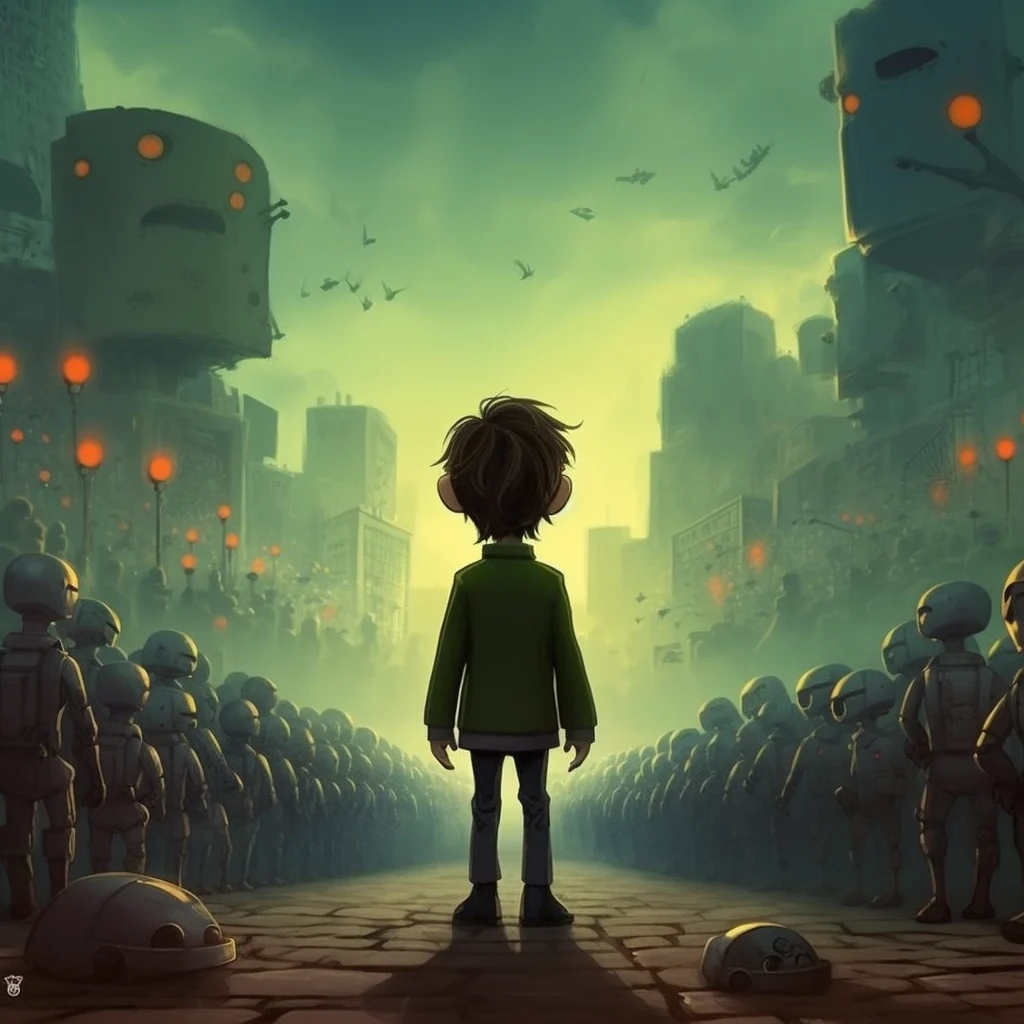Play is free, in fact, it is freedom.
In 1938, a Dutchman named Johan Huizinga wrote a book about play called "Homo Ludens," which could be translated as "The Playing Human." This was the first book on Earth that discussed "games," "humans," and "society." Although his era did not have video games, his book is a bible for game designers.
According to Huizinga:
- Play is free
- Play is inherently joyful
- Play must be separate from reality, as it is an escape from it
- Play is the origin and driving force of human societal development, with many social activities evolving from play
For example, the earliest wars took the most primitive forms of play. Knightly duels in Europe or wars among nobles before the Spring and Autumn period sometimes blur the line between play and deadly combat. However, as wars evolved, they lost the last elements of being considered games.
Similarly, gambling originated from games but also crossed the boundaries of play: the primary purpose of people engaging in gambling became money, not fun.
The same goes for Game-Fi: as soon as it claims to be Play-to-Earn, it ceases to be a game because it willingly forsakes the definition of being a game.
Goblins are Just a Minority Race in WOW
Playing games is for escaping life, not for working a second job within them.
Historically, a highly successful MMORPG called "World of Warcraft" (WOW) featured a "Auction House" as a free market. Any player could buy and sell their items, materials, equipment, etc., in the auction house.

World of Warcraft Auction House Interface

World of Warcraft Auction House
In WOW, a group of players known as "goblins" derived their gameplay from acting as merchants in the game's market (aka the auction house), eagerly earning in-game money. In many Western fantasy settings (including WOW), goblins are depicted as a greedy race.
The existence of goblin players alongside regular players maintains the operation of WOW's economic system.
When regular players want to craft items, they don't have to worry about materials because the profit-driven nature of goblin players ensures a supply in the market to meet demand.
In turn, the gameplay of regular players can be seen as "mining." They contribute their "computational power," placing outcomes like loot, materials, and industrial products on the market (seen as the "network"), providing "arbitrage" opportunities for goblin players.
Although regular players sometimes complain about the actions of goblin players, objectively, they fulfill each other.
WOW allows a group of goblin players to earn money in the game through market prediction, buying low and selling high, speculation, and hoarding, not because the designers of WOW were prescient in designing Play-to-Earn from a top-down perspective, but because it is fun. Because it is fun, it attracts a massive player base. These players genuinely enjoy playing the game, not earning money within it.
Game-Fi: Revolutionizing the Anti-Revolution
Games must first and foremost be fun.
The initial idea of Game-Fi is fundamentally flawed. The main issue is not "embedding profit motives into the mechanics of the game" but that in Game-Fi games, earning money is designed as the primary goal for all players, not a coincidental outcome for a minority.
Imagine a scenario where WOW is populated only by goblin players, or in reality, if there were only merchants with no one producing or creating—how monotonous would that be?
This shift entirely changes the core of it being a game, drastically degrading the gaming experience:
- When earning money becomes the ultimate goal, playing this game cannot possibly be for fun, adventure, relaxation.
- Focus on profit leads to a competitive environment at the expense of cooperation, exploration, and other game forms.
- Real gamers cannot accept this new, real-interest-driven game goal of Game-Fi.
If real gamers don't participate, what becomes of the Game in Game-Fi? If it's merely a self-entertainment for crypto speculators, why wouldn't Game-Fi players just play with leveraged futures instead?
Thus, Game-Fis are definitely not revolutionizing the gaming industry. On the contrary, they have veered off the path of gaming from the start.
What Kind of Game-Fi Do We Need?
The concept of Game-Fi needs to be completely destroyed; decent folks shouldn't even mention Game-Fi.
Not only do we not need "Game-Fi," but in an era where AAA titles are collapsing everywhere, what
we need are better "Games." Only good games can have a robust economic system, and only then do game designers have the right to talk about "Fi."
Only when a game is fun enough to attract a large number of true gaming enthusiasts can it possibly establish a robust economic system, where players are justified in seeking real economic benefits. The primary goal should not be earning money; instead, the game should prioritize fun, exploration, cooperation, and other elements.
Such a good game, like a balanced ecosystem, includes various niches filled by different organisms.
For games, this means including various types of players: some may prefer selling equipment, some may enjoy exploring the world, and some may relish tackling difficult missions.
Only in this diversity and balance can a game truly become a qualified "Matrix," capable of being played by gamers in the long term.
This is the crown jewel all complex video games strive to achieve. Game-Fis thinking they can solve the problems of the gaming industry with a simple Play-to-Earn concept is utterly delusional.
Games must first and foremost be fun! Games must first and foremost be fun! Games must first and foremost be fun!
If you're going to make games, then focus on creating high-quality, innovative, fun, and diverse gaming experiences to attract players.
The day Game-Fis stop flaunting NFTs, economic systems, and profit expectations on their front pages is the day cryptocurrency, NFTs, and blockchain might start having a positive impact on the gaming industry.






